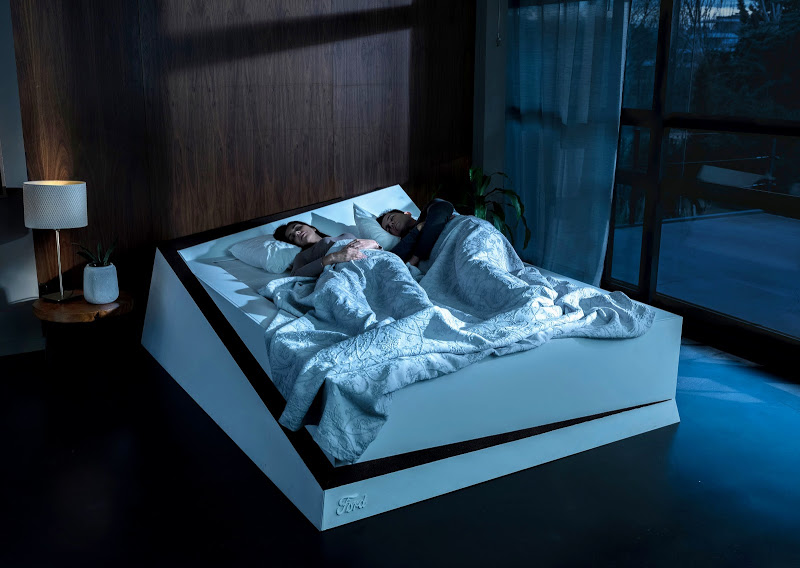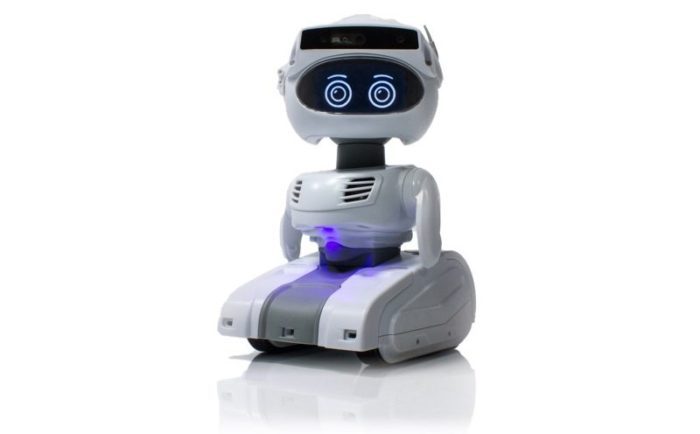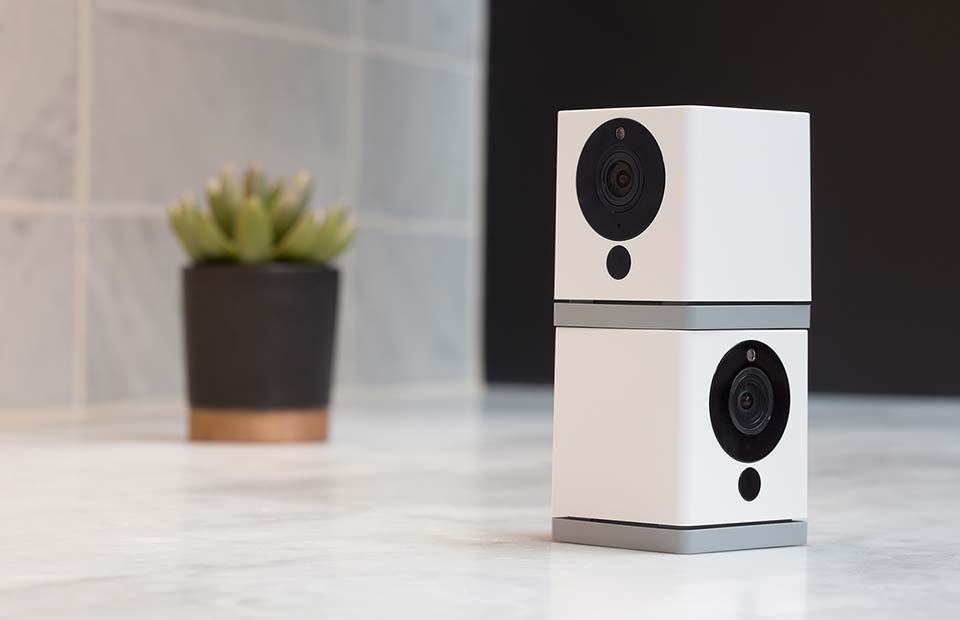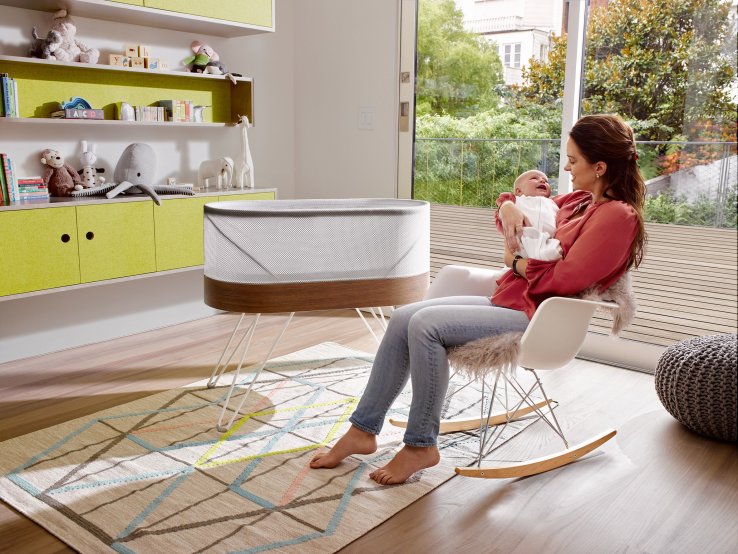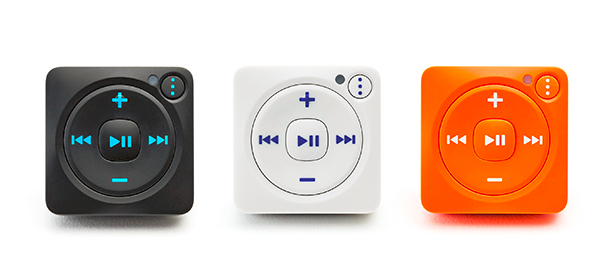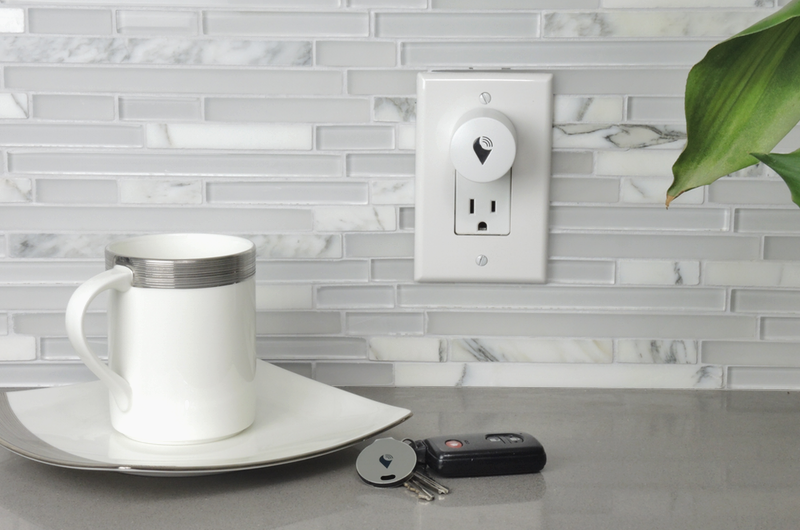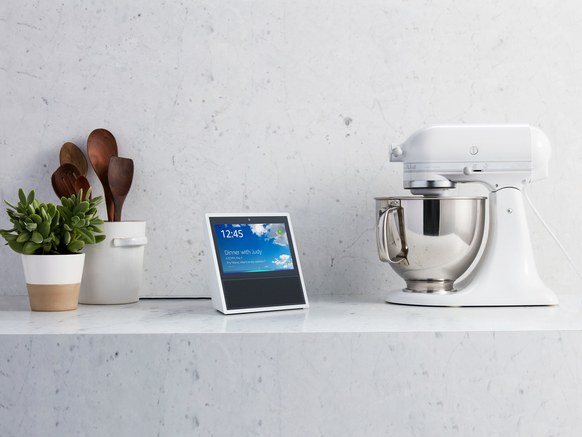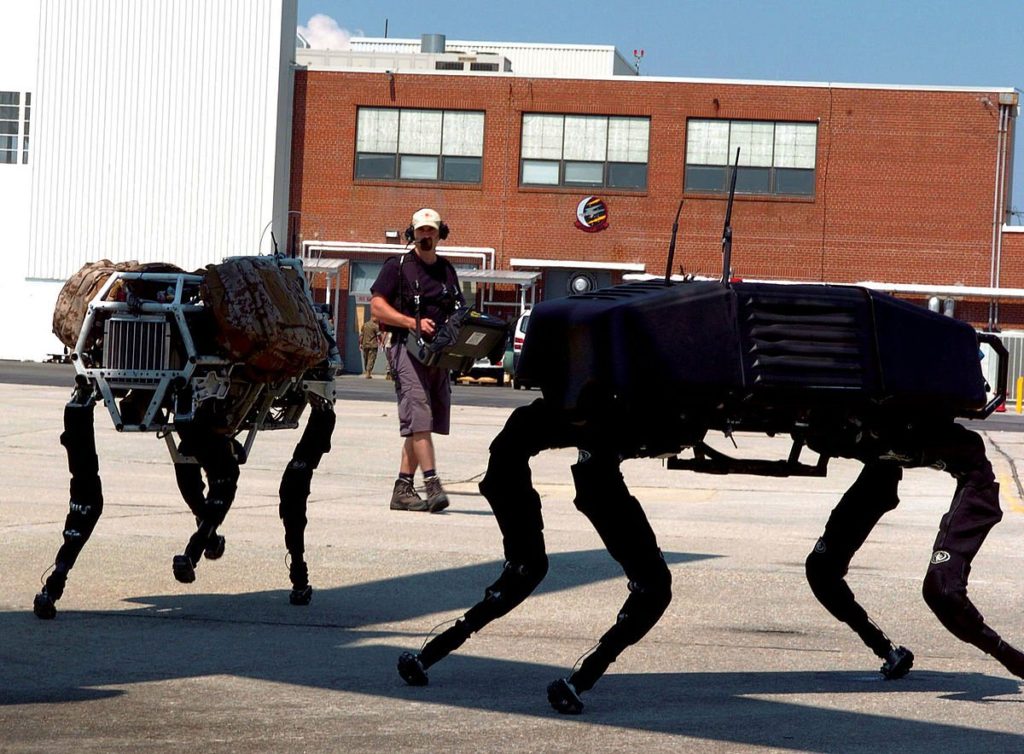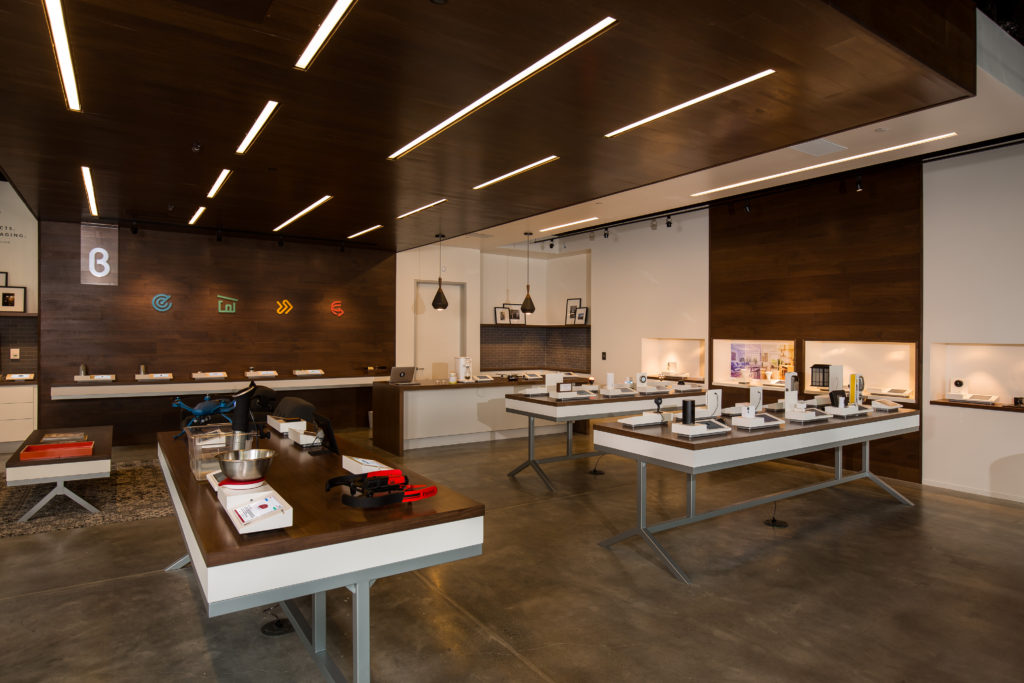What is Wi-Fi 6? Should you care? We tackle these questions first up in this week’s podcast. From there, Kevin and I discuss the Bluetooth KNOB vulnerability and our fears of how smart home data could affect a Chinese-style social credit score. To lighten things up I talk about my visit with Microsoft, and experience with the Hololens 2 as well as Microsoft’s digital twin strategy. In the news segments, we cover the new Eero security service, the Nest doorbell package detection, and Fitbit’s proposed health service. We then answer a listener question about smart spigots.
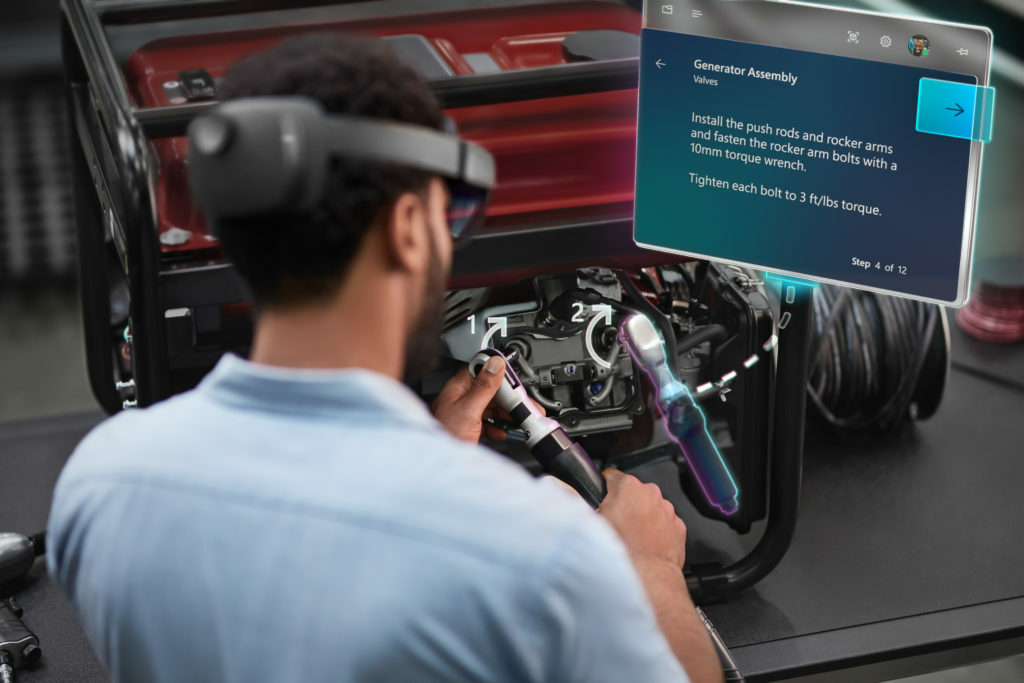
Our guest this week is Mark Webster, who is a director of product at Adobe. He discusses how enterprises should view voice interactions. He shares his thoughts on why voice should be separated from the digital assistants that have become popular in the home and explains why enterprise software will lead to different interactions and UX design. As part of the conversation, he also talks about where voice stops being useful and when companies should think about a multi-modal user interface that includes voice, screens and even gestures. If the future of work interests you, then this is a good episode.
Hosts: Stacey Higginbotham and Kevin Tofel
Guest: Mark Webster, who is a director of product at Adobe
Sponsors: Afero and SimpleCommands
- Wait on Wi-Fi 6 routers until there are more devices
- Explaining Microsoft’s digital twin plans and Hololens 2
- Fitbit is planning a service to go with its devices
- Voice UIs should not be confused with digital assistants
- When does voice stop being useful
Podcast: Play in new window | Download | Embed
Subscribe: RSS

